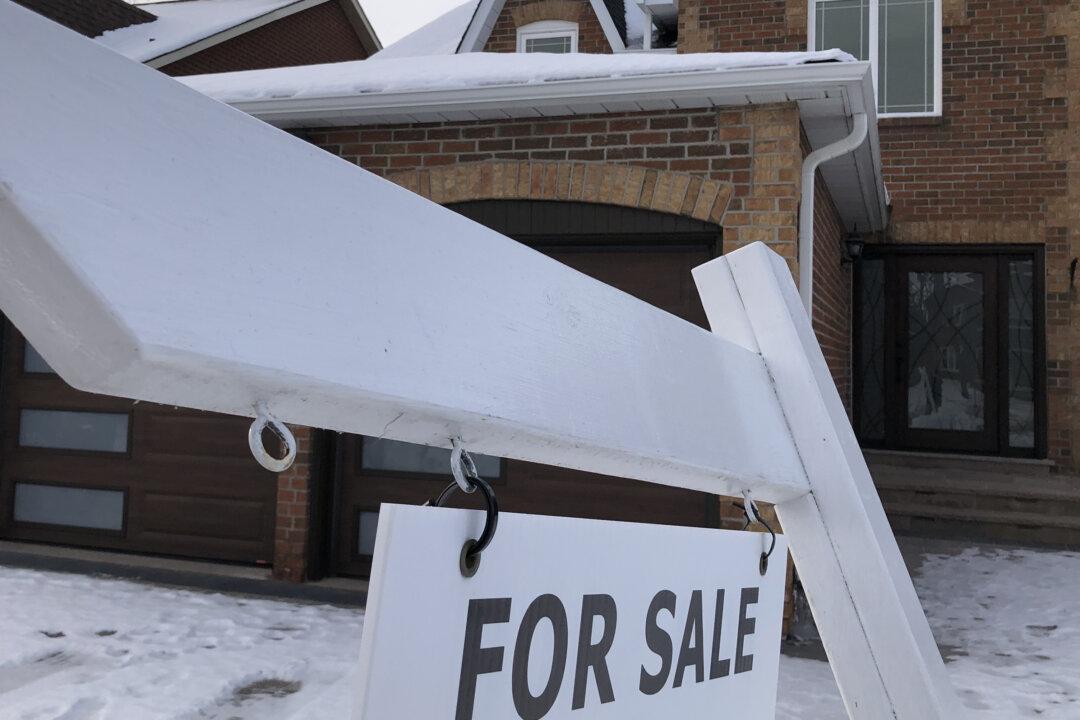Canadians are pessimistic about their own personal finances and the economic outlook of the country this year, with 82 percent saying Canada is in recession, a new survey shows.
While Canada is not technically in recession, which is defined as two consecutive quarters in which the economy declines, the vast majority of Canadians believe it is and don’t expect 2024 to be any better.





